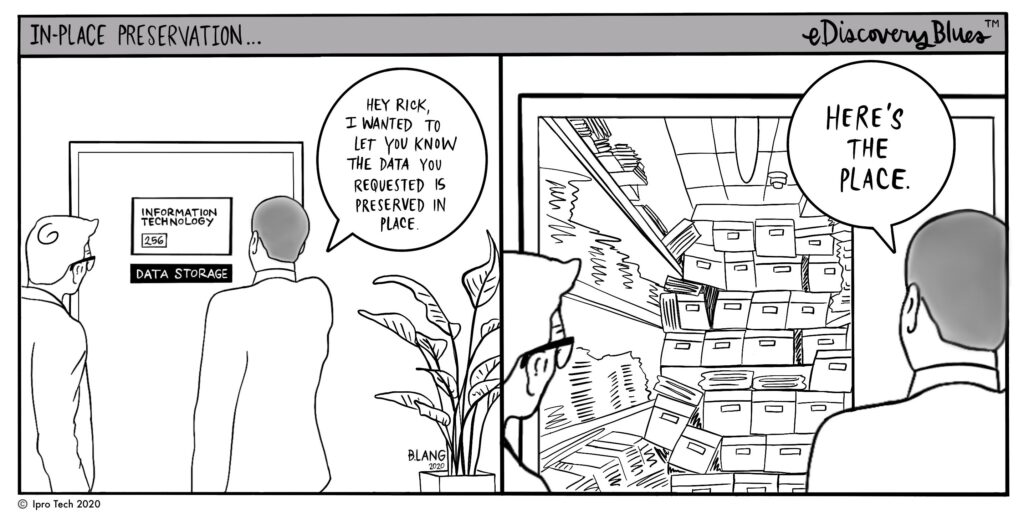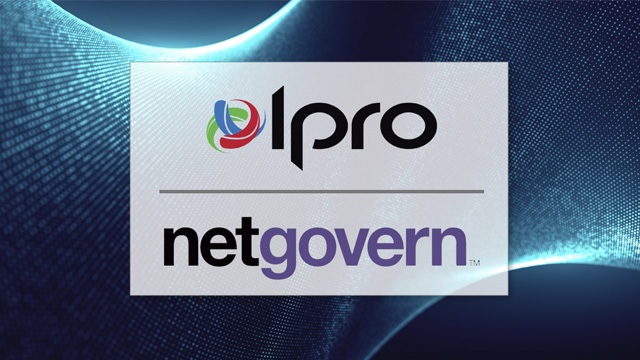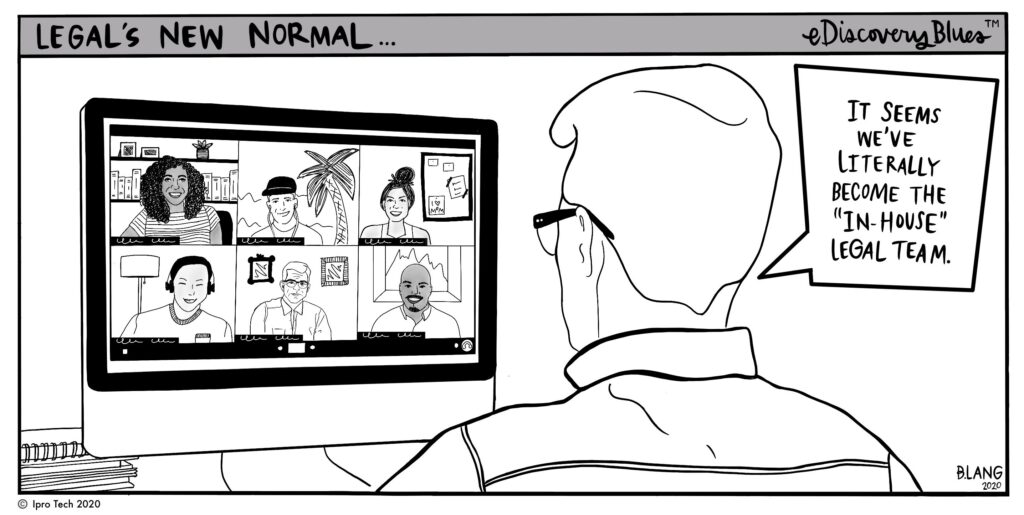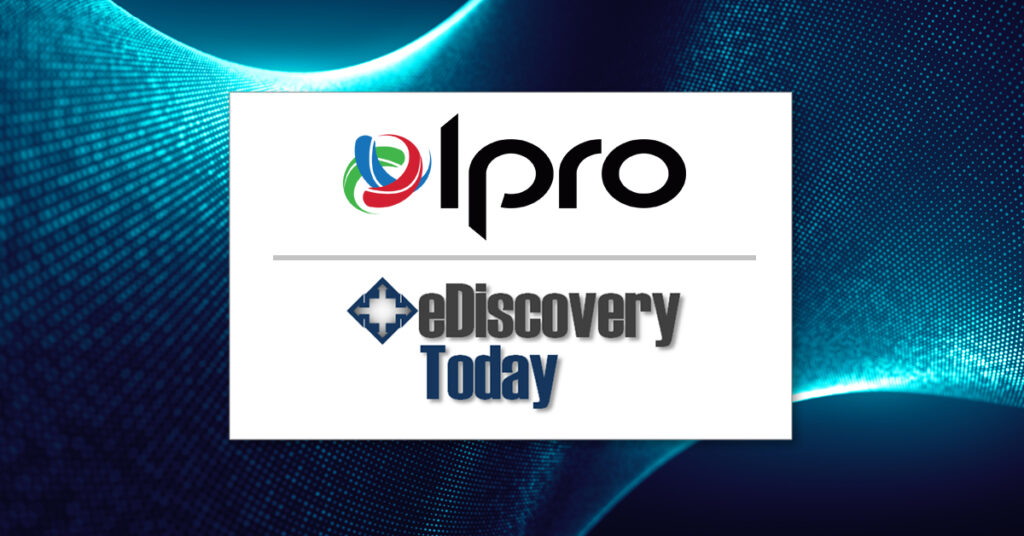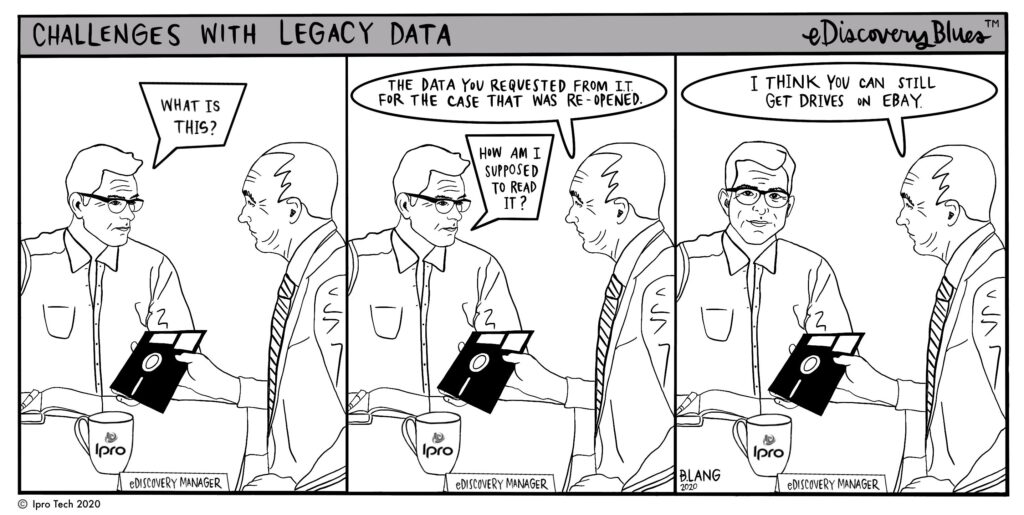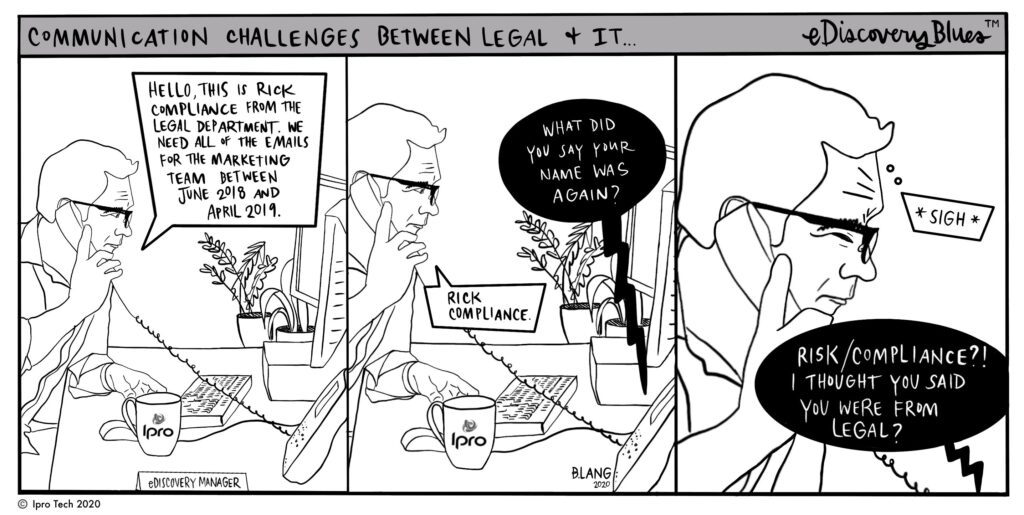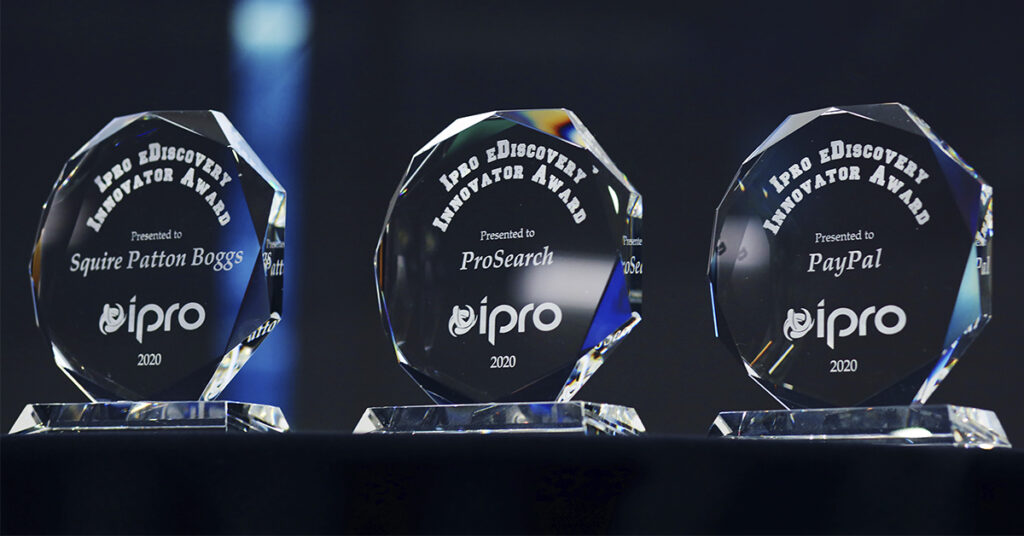More Cases, Less Effort: How eDiscovery Technology Enables the Small & Mid-Sized Law Firm
Paul, Plevin, Sullivan & Connaughton (PPS&C) LLP was formed in 1998 by four partners who specialize in Labor and Employment litigation. Now with 29 lawyers devoted to defending and advising employers, Paul Plevin is recognized as one of California’s top management-side labor and employment law firms, representing employers in discrimination, harassment, wrongful termination, trade secret, union-management, and other employment-related matters throughout California and, increasingly, nationwide.
Whitney Farrell is a paralegal at PPS&C, and one of five people who act as a small eDiscovery department within the firm. Along with two members of the IT department, this team knows the benefit of Ipro solutions and work cohesively when starting the process of eDiscovery.
As Whitney puts it, “We are a mid-sized firm, and Ipro is great for our needs, being instrumental in allowing our five paralegals to quickly intake documents on the fly. With the ability to work harmoniously between programs, we utilize Ipro’s eDiscovery tools daily. Then, for the two or three times a year as we prepare for arbitration or trial, we can tie everything together in TrialDirector.”
Leveraging Technology to Streamline the eDiscovery Workflow
Ten years ago, Paul Plevin used Adobe to manage case documents, then moved to an earlier Ipro product, eScanit, along with Concordance, but the firm was growing, and so were document counts. They needed a complete suite of products that would allow them to process, review, and produce documents.
As Whitney stated, “Litigation moves fast, and Ipro continues to keep up with the pace. Now our paralegals are able to streamline the intake process and speed through any processing jobs, allowing our attorneys to review as soon as possible.”
She continues, “Ipro’s processing engine allows us to all work within the controller at one time, which has helped tremendously with workflow. Previously, we had workstations set up in a separate office, so we would have to physically change locations to process any jobs. Now, with a single, centralized controller on all of our computers, we are able to work from our desks. This has greatly improved our workflow, and we all process so much faster now. Attorneys also love Ipro for desktop and responded positively when we transitioned from our previous vendor. Now, the staff are able to perform document review quickly and easily.”
Scaling for a Variety of Cases and Clients
Case size can vary greatly depending on the matter, and the need to scale becomes vital. For example, union arbitration cases are relatively small, often with only a few hundred documents, and come and go quickly. At the same time, staff may get a special request to look at a plaintiff’s emails in their entirety (e.g. 10 years of emails, 150k+ documents), which will exponentially grow the database.
During a complaint involving a hospital – which was originally filed in December of 2013, when they were still using Concordance – PPS&C decided to migrate to Ipro solutions. Moving 10k documents was seamless, and attorneys were able to manage the case quickly, as well as now being able to import documents into TrialDirector for the trial.
“The fact that we were able to easily switch software in the middle of an ongoing case, which we then won, says a lot,” according to Whitney. “This same case was recently called back on appeal, and when we opened the case in the software, it was all still easily accessible, and we were ready to move forward immediately.”
Not only does Ipro provide the power and scalability to handle large electronic datasets, transferring files sent via email, file transfer, or hard drive, it also has the flexibility to deal with legacy files. In one recent case involving a professor who had been at his university for 25 years, Paul Plevin received boxes of paper documents dropped at their offices. But with Ipro, they were able to scan them directly, utilizing the powerful processing engine, and immediately prepare the attorneys for review.
“A One-Stop-Shop”
When asked what she likes most about Ipro, Whitney responded, “Everything I need is in one place, and all the products work so well together. It breaks everything down into a straightforward, three-step process: processing, administration, and review. Ipro is truly a one-stop-shop. And the post-processing Quality Control (QC) module – which we always use whether the dataset is a single page or a thousand emails – allows us to keep clean, clutter-free, accurate databases, keeping attorneys from wasting time with bad data, and instead, has them quickly moving into review.”
“And besides the software,” Whitney adds, “Ipro’s tech support and training teams are amazing. I’m always able to get the help I need to solve any problem. Ipro makes our process quick and effective, allowing us to save time and take on additional cases without additional effort. It was so easy to make the switch, our attorneys love it, and we haven’t looked back.”
Want to learn more about how Ipro helps small and mid-sized law firms
use technology to compete with the AmLaw 200?
Listen to this webinar with PPS&C’s Whitney Farrell and and Wilson, Turner, Kosmo’s Justin Peña
 Written by Jim Gill
Written by Jim Gill

